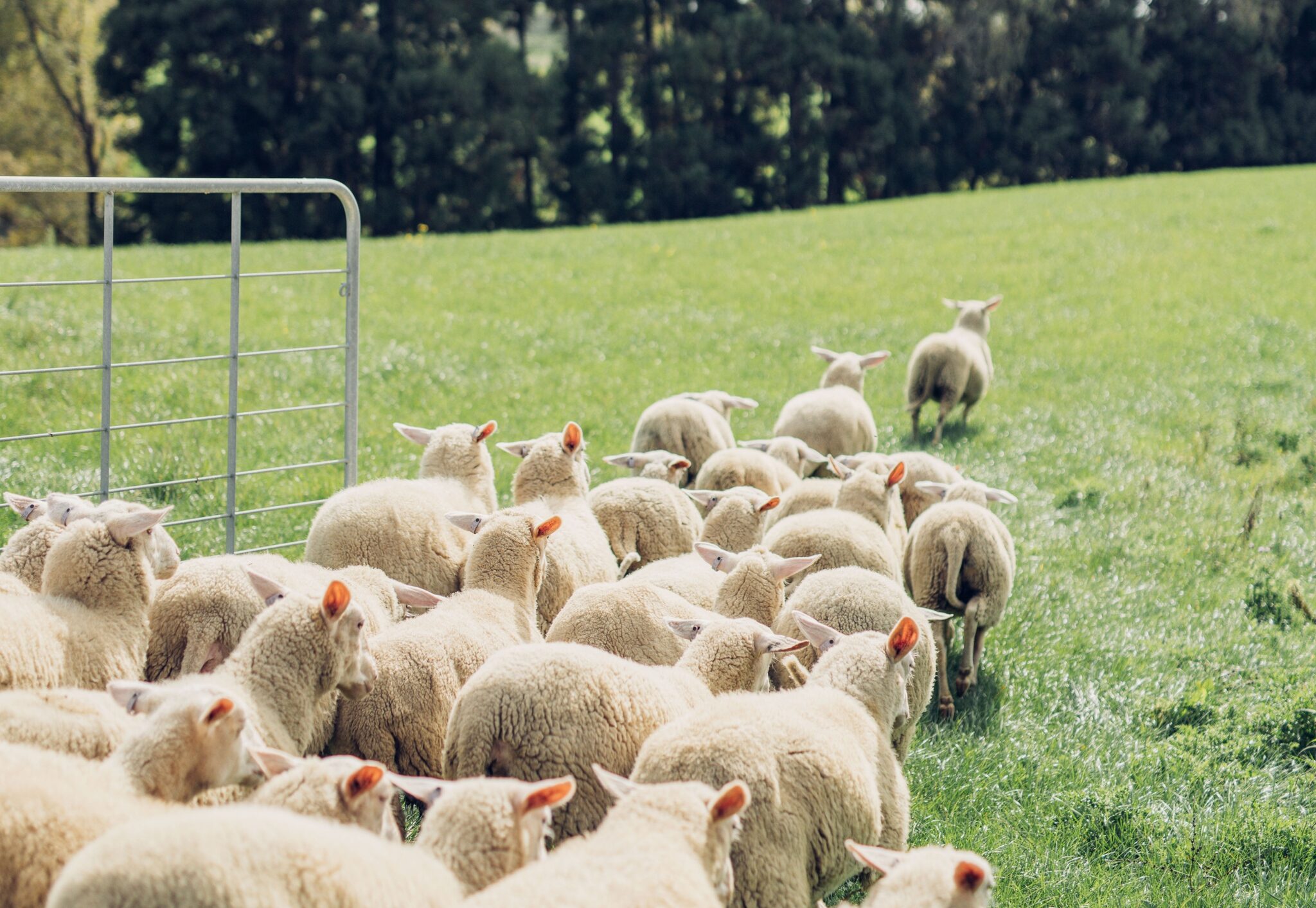By Gerald Piddock
Copyright farmersweekly

Reading Time: 2 minutes
Pāmu is to exit its partnership with Spring Sheep Milk Co as it makes a strategic shift to focus on its core operations.
Pāmu has a 53% stake in Spring Sheep along with consultancy and investment firm SLC Group. Up until March this year, that stake was 50%, but lifted to its current level after shareholder loans it had previously provided were converted to equity.
The announcement was made in Pāmu’s annual report, where it valued Spring Sheep at $71 million.
The Hamilton-based business is the country’s largest sheep-milking company, with 16 farmer-suppliers across Waikato and Taranaki. Its CEO, Nick Hammond, referred all questions to Pāmu.
Pāmu CEO Mark Leslie said Spring Sheep has grown into a globally recognised leader in sheep milk nutrition over the past decade.
“To support the next stage of growth, the Spring Sheep board has now commenced a process to explore potential strategic partnerships that can provide additional market access, global expertise, and growth capital.
“This includes assessing a range of potential outcomes, including new investment into the business and the introduction of a strategic shareholder.”
Leslie said it the move is a natural progression after it achieved registration for infant formula sales in China, has strong demand across southeast Asia and has the opportunity for potential expansion into the United States cheese market.
Spring Sheep has informed its suppliers and other key stakeholders, and the business will continue to operate as usual through the process, he said.
In June, State-Owned Enterprises Minister Simeon Brown wrote to Pāmu’s board expressing disappointment and concern at its “failure to make progress in improving its performance”.
He cited as examples of underperformance and measures needing to be addressed, improving the five-year average of a 2.6% return on shareholder’s funds, and its failure to meet its cost of equity for at least a decade.
He said the government expects Pāmu’s business planning documents to “deliver a bold and challenging turnaround plan to improve value and return to the Crown, in addition to focusing on efficiently managing the existing land footprint”.
Brown instructed the board to cease investing in and to dispose of any “non-land assets, business units and ventures that do not generate a return equal to or greater than the cost of equity”.
Leslie said at the time that the letter provided clarity and that Pāmu was focused on its core roles of achieving farming excellence, and 18 months ago disestablished Pāmu Foods, a branded product business.
As the country’s largest pastoral farming enterprise, Pāmu manages nearly 360,000 hectares across more than 100 farms. This includes New Zealand’s largest farm the 180,787 hectare Molesworth Station.



